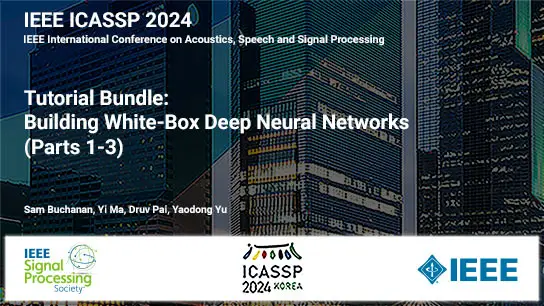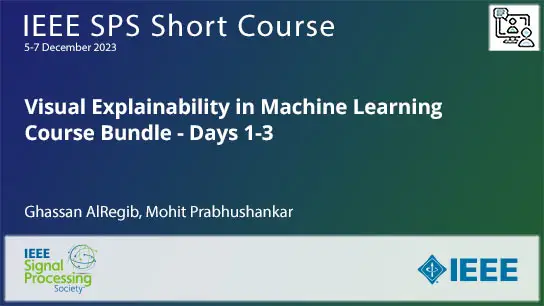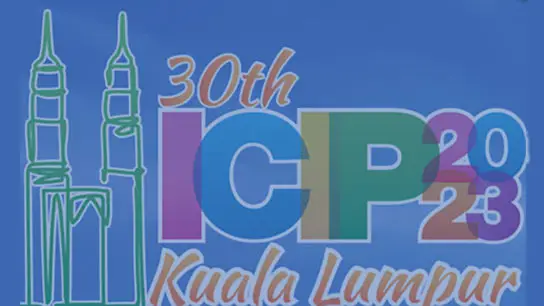COMPLEXITY SCALABLE LEARNING-BASED IMAGE DECODING
Tahsir Ahmed Munna, João Ascenso
-
Members: FreeSPS
IEEE Members: $11.00
Non-members: $15.00
Lecture
11 Oct 2023
Recently, learning-based image compression has attracted a lot of attention, leading to the development of a new JPEG AI standard based on neural networks. Typically, this type of coding solution has much lower encoding complexity compared to conventional coding standards such as HEVC and VVC (Intra mode) but has much higher decoding complexity. Therefore, to promote the wide adoption of learning-based image compression, especially to resource-constrained (such as mobile) devices, it is important to achieve lower decoding complexity even if at the cost of some coding efficiency. This paper proposes a complexity scalable decoder that can control the decoding complexity by proposing a novel procedure to learn the filters of the convolutional layers at the decoder by varying the number of channels at each layer, effectively having simple to more complex decoding networks. A regularization loss is employed with pruning after training to obtain a set of scalable layers, which may use more or fewer channels depending on the complexity budget. Experimental results show that complexity can be significantly reduced while still allowing a competitive rate-distortion performance.


